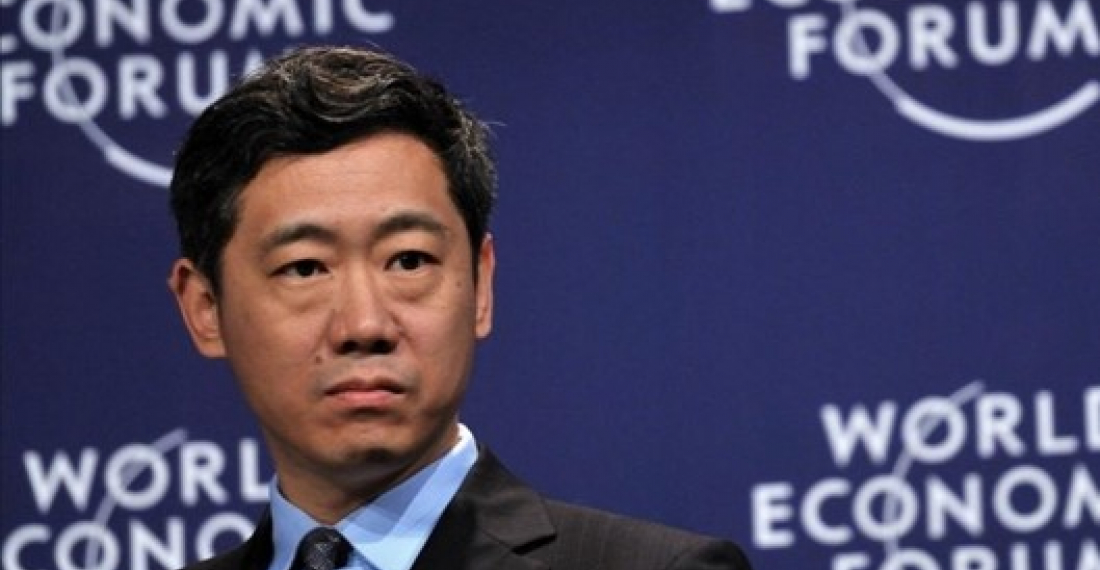Chinese and Russian Foreign Ministers met on Wednesday, 30 March, in eastern China. They said they are “more determined” to boost trade ties and enhance bilateral cooperation. However, a former advisor of the Chinese Central Bank, the PBOC, said that the “no limits” relationship, declared by Xi Jinping, is “situational” and should be taken with “a grain of salt”.
China is hosting a two-day conference in the eastern province of Anhui on the situation in Afghanistan. On the sidelines of the conference, Foreign Ministers Wang Yi of China and Sergey Lavrov of Russia, met for bilateral talks where they discussed the possibility of more collaboration and what Moscow calls its “special operation” in Ukraine.
Concerning boosting mutual ties, Wang said, “Both sides are more determined to develop bilateral ties, and are more confident in promoting cooperation in various fields.” The two countries signed an agreement at the Beijing Winter Olympics to improve their partnership in a range of issues including artificial intelligence and information security.
Russia’s invasion of Ukraine has created several geopolitical and economic issues for China, forcing Beijing to develop a balancing act between their foreign policy line and their relationship with Russia. Nevertheless, Wang and Lavrov stated that they would speak with a “united voice” in matters relating to foreign affairs. The ministers condemned “the counterproductive nature of the illegal unilateral sanctions imposed on Russia by the United States and its satellites.”
While the foreign ministers expounded on the extensive links between China and Russia, Li Daokui, a former advisor to the PBOC and current professor at Tsinghua University, said that the relationship was totally “situational”. He said that China will most likely continue doing business with Russia to help out Russians through a difficult period, but the “no limit relationship should be taken with a grain of salt”. In a climate where university professors in China are careful not to deviate from the state line, Li’s statements are revealing.







